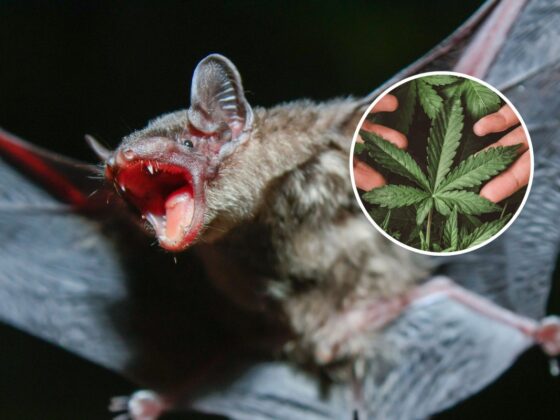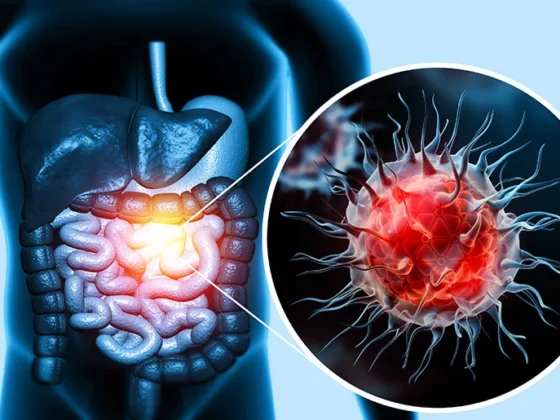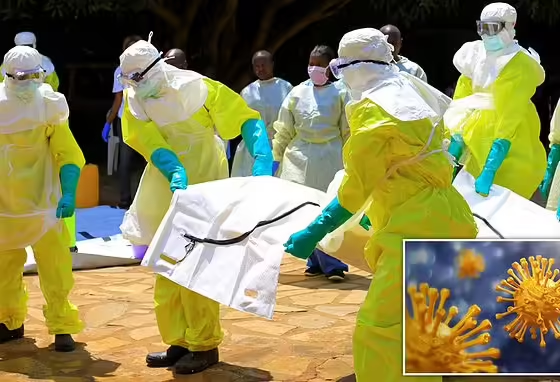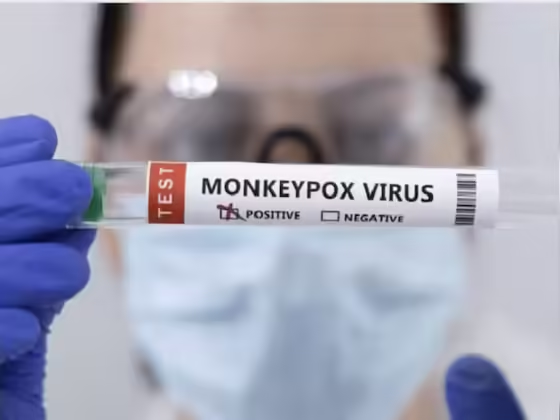A woman recently claimed that there is no need for a cervical cancer vaccine because she believes the HPV virus is imaginary. However, scientific evidence strongly supports the need for the vaccine to protect against cervical cancer.
What is Cervical Cancer?
Cervical cancer is a major health issue worldwide, with about 650,000 new cases each year, resulting in approximately 350,000 deaths. In India, it is the second most common cancer among women, with around 150,000 new cases annually.
The HPV-Cervical Cancer Connection
The link between the Human Papilloma Virus (HPV) and cervical cancer is very strong, even stronger than the link between smoking and lung cancer. A research paper from 1995 showed this strong connection. HPV is a group of more than 30 different viruses that spread through sexual contact and can infect the cervix, vulva, vagina, penis, and anus. Almost all (99.7%) cases of cervical cancer are caused by one or more of these HPV strains, as demonstrated in a 1999 study.
How Does HPV Cause Cancer?
Since HPV is sexually transmitted, most infections occur in sexually active women aged 18-30. Many may get infected without any symptoms, and some might develop warts. Usually, the immune system can clear the virus, but if high-risk strains like HPV 16, 18, 31, and 33 persist, they can lead to cancer. It typically takes 15-20 years from the initial infection for cancer to develop. People with weakened immune systems, such as those with HIV or smokers, have a higher risk of developing cervical cancer.
Early Detection of Cervical Cancer
Because there is a long period between infection and the onset of cancer, screening tests have been used for many years to detect cervical cancer early, even before symptoms appear. The Pap smear test, done every three years, examines cells from the cervix for abnormalities. Advances in testing now allow for the detection of HPV DNA in these samples. A combined Pap smear and HPV DNA test is recommended every five years starting at age 25. This helps identify any early signs of cervical cancer.
Can Cervical Cancer Be Prevented?
Given that almost all cervical cancers are caused by HPV, researchers have developed vaccines to prevent these infections. Two landmark studies in 2007 tested a vaccine targeting four HPV strains: 6 and 11 (which cause warts) and 16 and 18 (which cause cancer). The studies showed that the vaccine provided almost 97-100% protection against early cancerous or precancerous lesions in those not already infected with HPV. However, the effectiveness was only about 40% in the overall population, which included those already infected.
Further analysis showed that the vaccine is more effective when given at a younger age. Therefore, it is recommended to give two doses of the vaccine to girls aged 9-14 before they become sexually active, as this results in a stronger immune response. For those above 15, three doses are required. The HPV vaccine not only reduces the risk of cervical cancer but also anogenital warts and potentially HPV-associated anal cancers. The protection from the vaccine lasts for over ten years, even with a single dose.
Is the HPV Vaccine Safe?
There are concerns about the safety of the HPV vaccine, but extensive research and data from tens of thousands of patients show that it is safe. The vaccine contains virus-like particles but not the viral DNA, meaning it cannot cause an infection. Instead, it tricks the immune system into producing antibodies for protection. Studies have shown no increased risk of infertility, pregnancy complications, or adverse effects on childbearing.
The HPV virus and its association with cervical cancer have been known for over three decades. This knowledge has led to effective screening strategies and the development of vaccines. The HPV vaccine has been available for nearly 20 years and has the potential to significantly reduce the incidence of cervical cancer, which was once the most common cancer among women in India.
The woman who claims the HPV virus is imaginary has not provided credible evidence or detailed information about her own cancer experience. Her statements can mislead people and prevent them from seeking early, potentially life-saving treatment.
The HPV vaccine is a critical tool in the fight against cervical cancer. Scientific evidence overwhelmingly supports its effectiveness and safety. By vaccinating young girls, we can protect them from this serious and potentially deadly disease. It is essential to rely on accurate information and trusted medical advice when making decisions about health and vaccinations.










